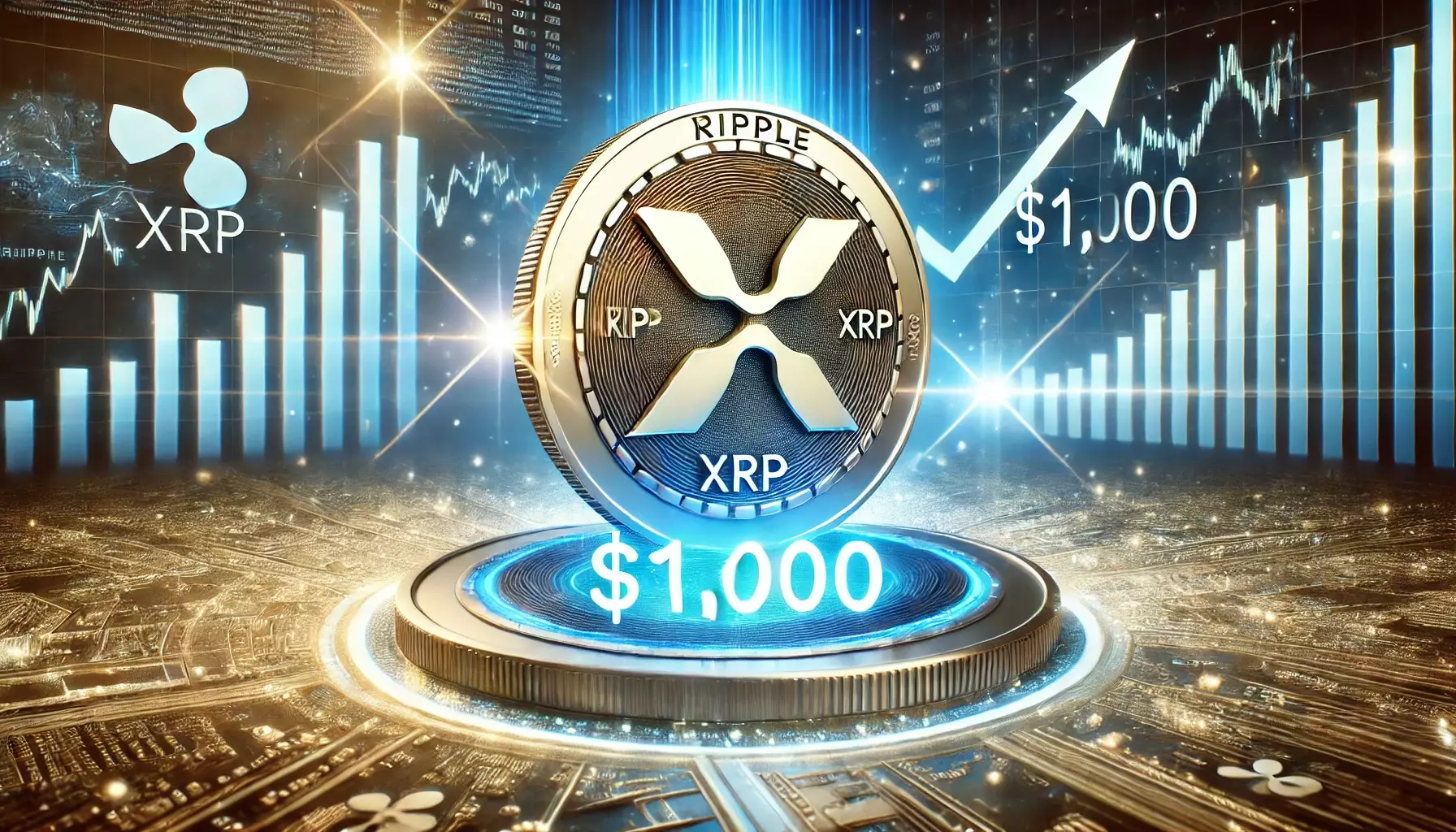The recent call from a social media influencer, known as Drewski, for the Ripple community to rally together and aim for an astonishing $1,000 price tag for XRP has reignited discussions in the cryptocurrency space. Such lofty targets have circulated for years among XRP enthusiasts, reflecting a blend of optimism and a strong community spirit. Drewski’s post is merely the latest spark in a long-standing ambition within the Ripple community, encapsulating the collective hope that concerted efforts might yield a significant price increase.
This communal motivation often underscores many budding investments in cryptocurrency. Yet, it’s important to consider the roots of these ambitions. Much of the fervor around the $1,000 mark seems driven by sentiment rather than grounded in traditional financial analytics. While bullish sentiment can indeed lead to price surges, the path to such extraordinary targets is riddled with complexities that can’t be overlooked.
Examining XRP’s potential price trajectory reveals a dichotomy between optimistic projections and the sobering realities of market dynamics. Analysts like EGRAG CRYPTO have painted a promising picture, suggesting that XRP could soar to astonishing values—some assessments even speculate figures as high as $27 or $99 based on historical price movements and technical analysis. Such predictions undoubtedly fuel optimism among investors.
Nevertheless, the critical aspect that needs addressing is the foundation of such bullish sentiments. For XRP to traverse the journey from its current trading price—around $0.5515—to the exalted $1,000 mark, it would necessitate an astronomical market capitalization. Specifically, it would require XRP to garner approximately $99.99 trillion in market cap, assuming its overall supply remains unchanged. This highlights the significant barriers that exist to achieving such a target.
While echoes of optimism resound through community discussions, skepticism also looms large. Detractors of XRP often cite regulatory hurdles and market performance failures as reasons to temper expectations. The ongoing legal confrontation between Ripple and the SEC has cast a shadow over the potential for XRP’s adoption within traditional financial contexts. Regulatory clarity is crucial for instilling investor confidence, yet it remains a distant goal, with resolution still pending.
In addition to regulatory uncertainty, critics assert that XRP has dramatically underperformed in comparison to other cryptocurrency assets over recent years. The current state of the market only further complicates the bullish narratives being circulated. With XRP struggling to gain traction and just recently witnessing a slight drop in valuation, the reality diverges starkly from the lofty aspirations held by some of its more zealous advocates.
To genuinely aspire towards ambitious price targets, XRP must demonstrate growth in its adoption and utility within the financial sector. Achieving mainstream acceptance is critical, not just for XRP but for the entire cryptocurrency ecosystem. Many industry stakeholders remain hopeful that a favorable outcome in the Ripple-SEC case would catalyze such development, potentially positioning XRP to enter a new phase of acceptance.
If XRP can break through the psychologically significant barrier of $1, it might, in turn, create momentum toward reaching higher thresholds. However, significant hurdles remain in the path of this cryptocurrency’s prices.
Ultimately, while the dream of XRP soaring to $1,000 invigorates a segment of its investor community, understanding the hard truths behind market mechanics, regulatory landscapes, and historical performance is essential. Embracing a more realistic roadmap that sees XRP first navigating and overcoming the $1 mark before stretching toward double-digit values could provide a more attainable and sustainable goal for its advocates.



















Leave a Reply